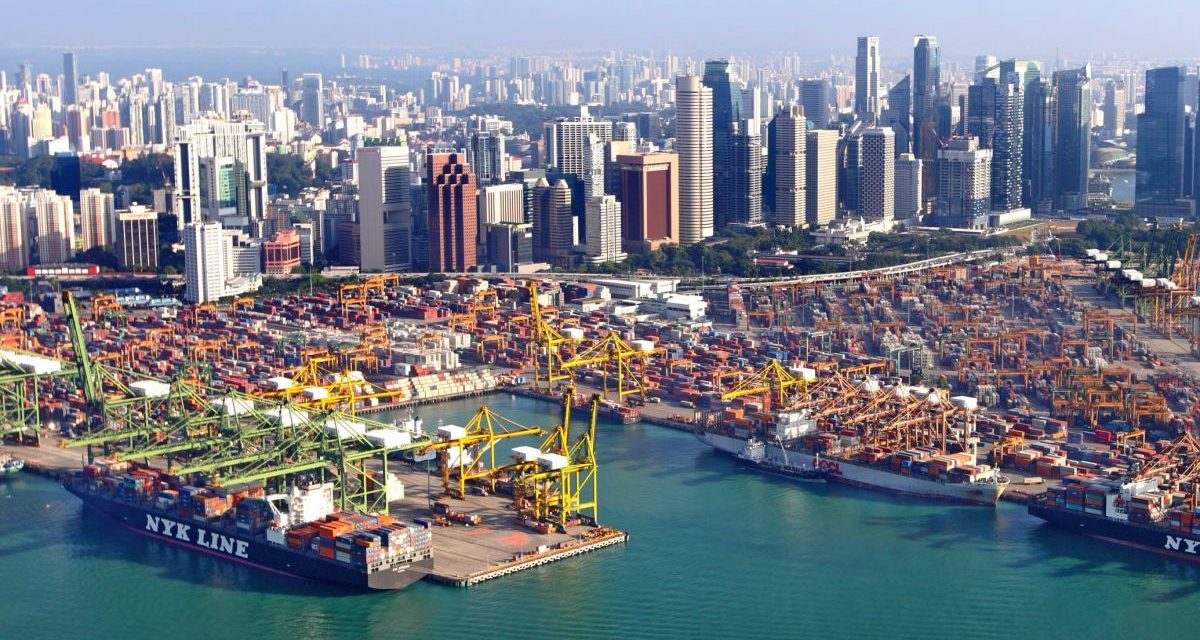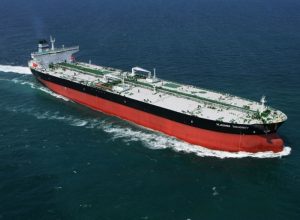Top global ship fuelling hub Singapore is unlikely to be ready for ammonia bunkering by the end of this year, Singapore’s Maritime and Port Authority (MPA) said, while industry players have also raised concerns about feasibility.
The port authority’s clarification came after the Global Centre for Maritime Decarbonisation (GCMD) said on April 27 that Singapore’s first transfer of ammonia for bunkering could take place by the end of 2023.
“These views do not represent the assessment of MPA and other government agencies – the timeline before end-2023 is not realistic,” the port authority said in a May 1 statement, a day after a deadline for would-be operators to submit an expression of interest (EOI) in a process launched last December.
The MPA said the timeline should not prejudge the outcome of its EOI process, launched with the Energy Market Authority (EMA) of Singapore, to build, own and operate low or zero-carbon hydrogen and ammonia bunkering facilities on Jurong island.
The MPA and EMA will thoroughly review the proposals received, it said.
Ammonia is one of several fuels the shipping industry is exploring to reduce carbon emissions and meet targets set by the International Maritime Organisation, although industry players have voiced caution over the feasibility of adopting ammonia as a bunkering option.
“Just to illustrate a few dilemmas around this today, the whole world produces around 175 million tons of ammonia … and they all go to agriculture,” Hafnia’s executive vice president Ralph Juhl told a forum organised by the American Bureau of Shipping during Singapore Maritime Week last month.
“If you convert the present use of fuel and ships to ammonia, we have to produce more than 650 million tonnes above the 175,” Juhl said, adding that the industry will have to use “tremendous amounts of energy just to produce the fuel”.
The cost of ammonia will also be a deterrent.
“Will we burn ammonia even if ammonia (bunkering) is there? The answer is absolutely not, because it’s going to be three times more expensive than conventional fuels,” Eaglestar Marine Holdings CEO Peter Liew told the forum.
The global shipping industry is seeking to reduce its reliance on oil as it tries to meet emission reduction targets set out by the U.N.’s International Maritime Organization, which include cutting carbon emissions by 40% from 2008 levels by 2030, and overall greenhouse gas emissions by 50% by 2050.





